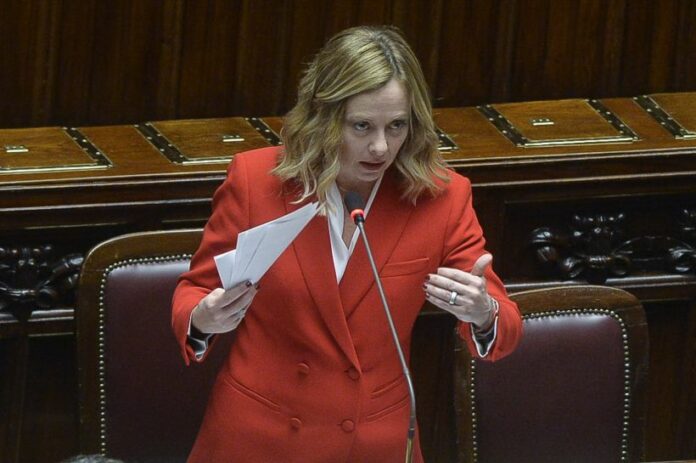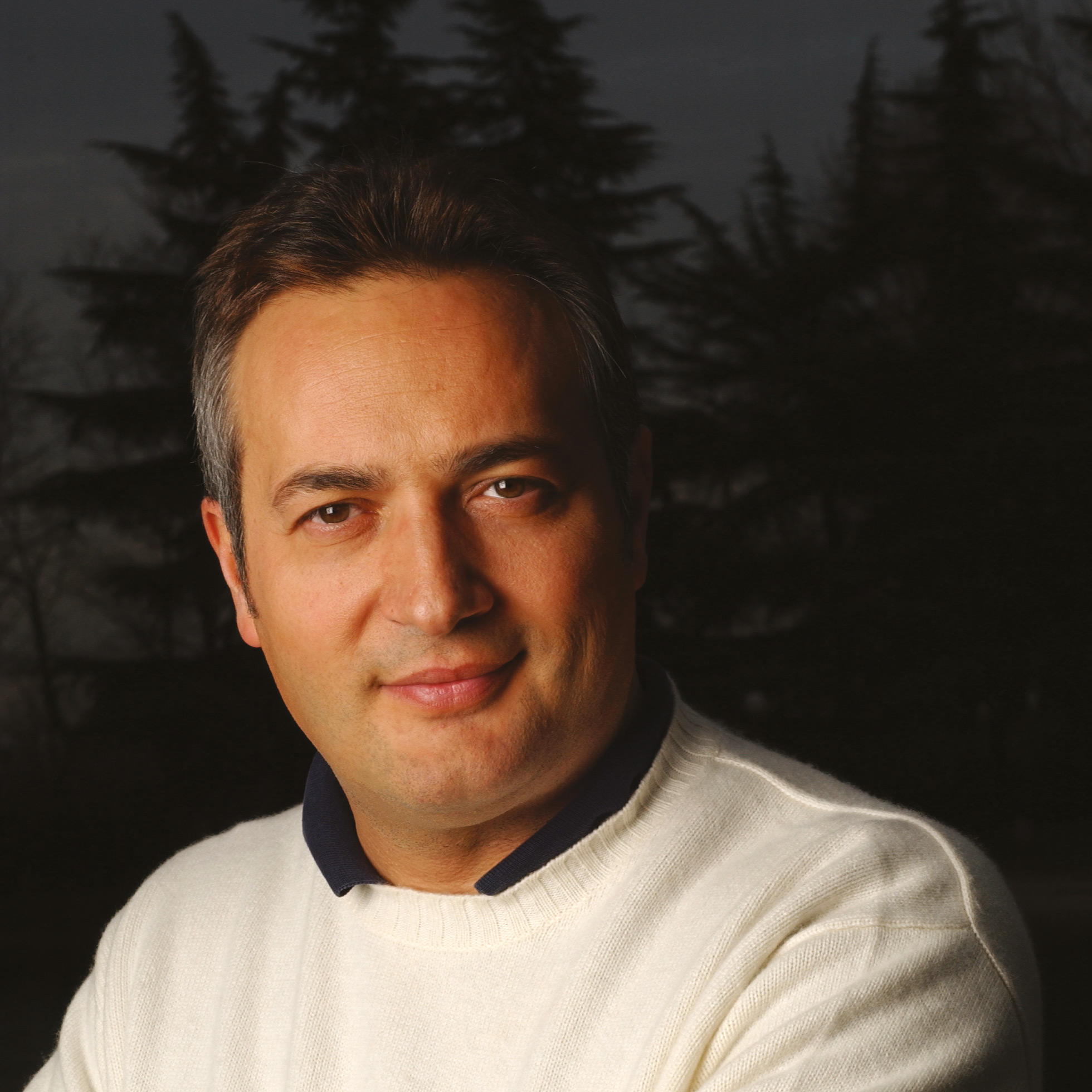I spent 32 years at Mediaset, having been hired in 1988 by Galliani and Berlusconi. I worked as a reporter, correspondent, director, anchor, and commentator. It has been a long and beautiful journey marked by numerous media and political battles, particularly concerning the relationship with the judiciary, or rather, with its more ideologized segment, starting from Tangentopoli. It’s obvious that part of the Italian mainstream insists the issue was Berlusconi and not the judges’ overwhelming power, but this narrative of threatened autonomy conceals a deeper truth that transcends the individual political figures caught in conflict.
After Tangentopoli, the relationship between the powers of the Republic has never regained its balance. This equilibrium, which the founding fathers viewed as not only a safeguard against the return of dictatorship but also as a cornerstone for the functioning of democracy, has been disrupted. Recently, the ruling that allowed the return of 14 immigrants to the center the government established in Albania has reopened that wound. But who should govern immigration issues—the executive and parliament, or the judiciary, through various ideological rulings?
Meloni promises to fight with decrees, while judges feel attacked and call for the president’s protection, who urges calm and dialogue. However, dialogue seems impossible now. The long-delayed comprehensive reform of the judiciary must be implemented, and politics must reclaim its primacy in managing societal issues without overreaching. This is the mandate given to them by the citizens. Any interference, aside from violations that must always be punished, should be rejected.
How will this end? The historical conditions and numbers are in place for the lengthy Tangentopoli era to be put to rest. However, as the singer Carboni said, it requires a “beastly physique.”


